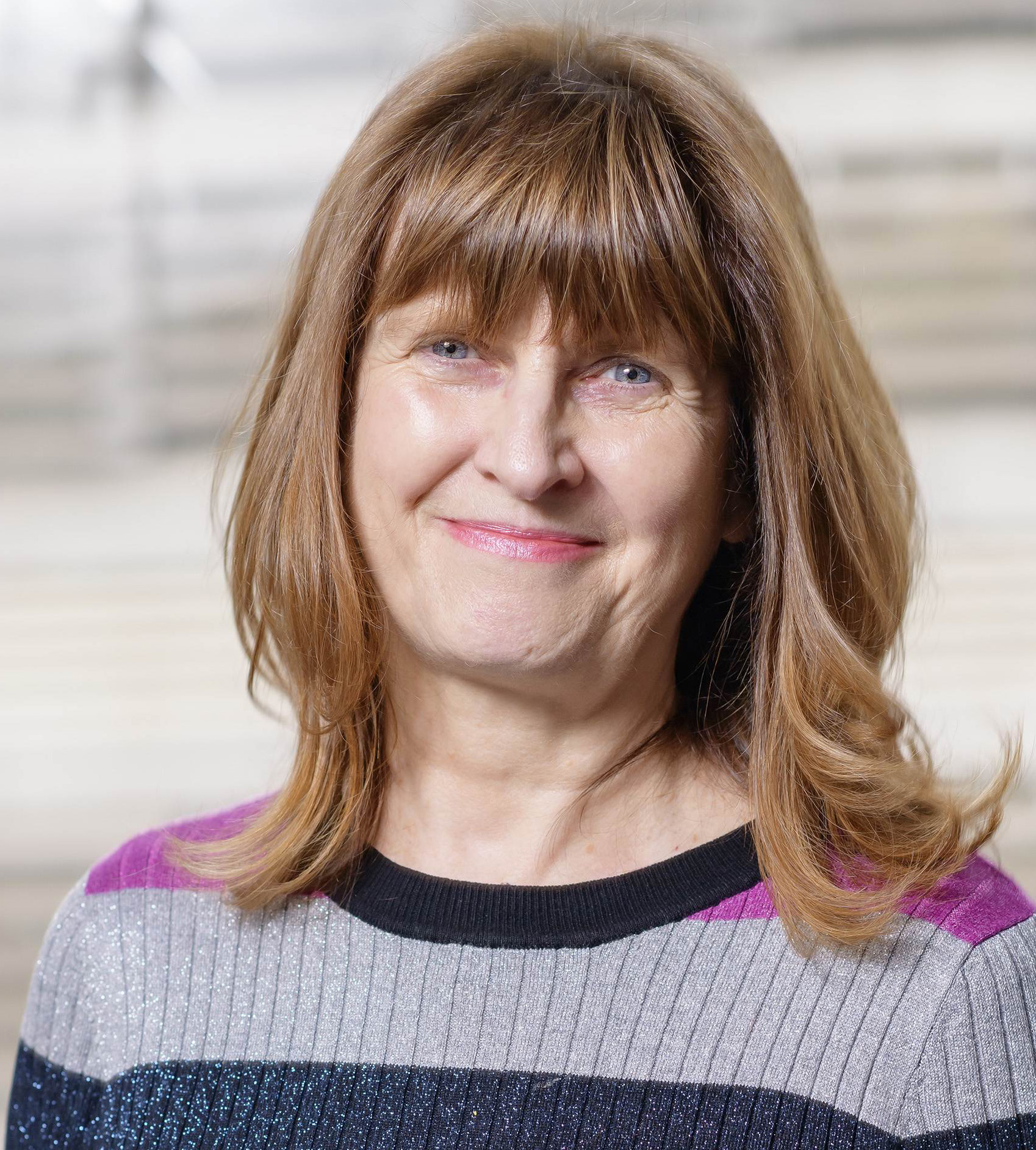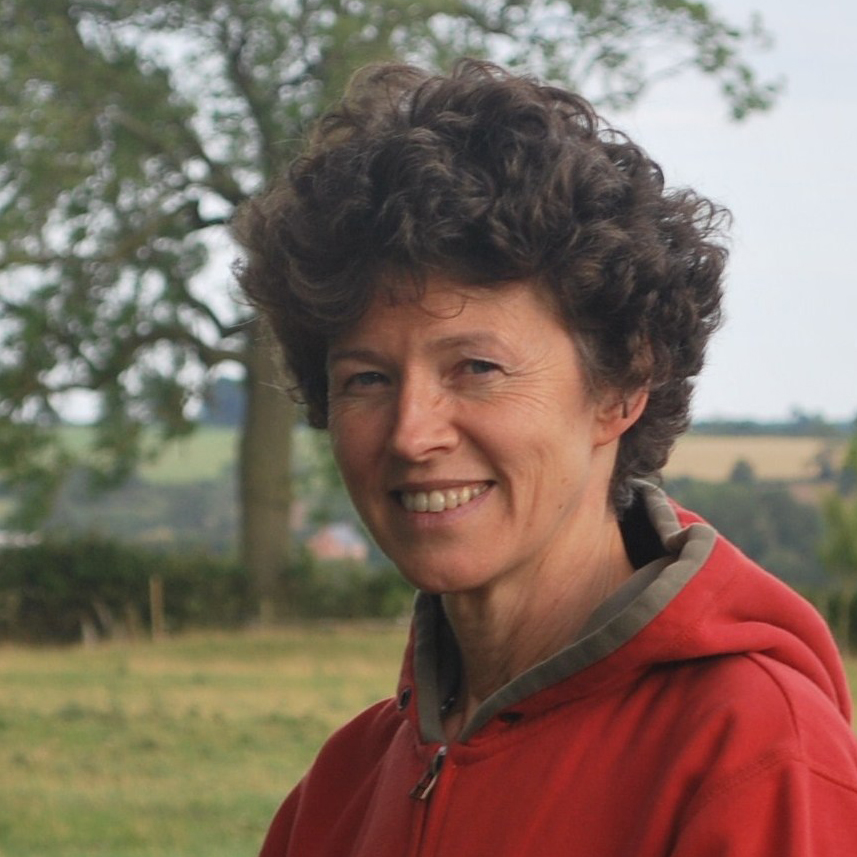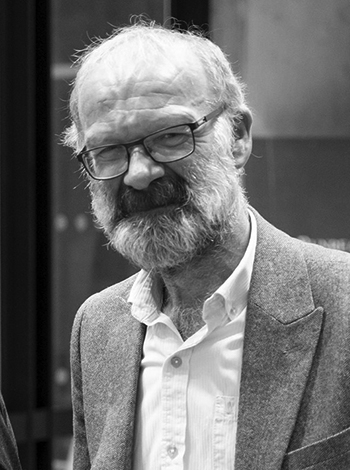There can be little doubt that Ireland’s integration in the EU will be considerably accelerated by both Brexit and the COVID-19 crisis. Irish writers may be particularly well placed to comment on the curious situation where English is the effective lingua franca of the EU but its native speakers only represent 1.5% of the EU population. Writers in Irish may have an entirely different take on this situation and on languages as carriers of culture.
In many EU member states, people vaguely know that the European Union is a good thing. This certainly appears to be the case in Ireland, where according to the latest Eurobarometer survey in Summer 2020 (no. 93) 71% of the population state that the EU evokes positive feelings (the highest percentage of all member states) and only 9% are negatively disposed towards it. In order to make this picture more precise we also asked the forty writers to illustrate more concretely how they experience Europe in Ireland and in which way it has changed Ireland (North and South) since 1973 when Ireland joined what was then the EEC. From March to June 2021 the authors’ texts will be published in alphabetical order in groups of five, so that every instalment of Europe in Ireland will alternate with the publication of the Irish Itinerary Podcast (https://www.efacis.eu/podcast), in which European scholars interview Irish authors.
These texts on Europe will be accompanied by the results of a survey we conducted with the writers by means of a questionnaire with more specific questions relating to the writers’ personal perception of the European Union and Ireland’s place within it, past, present, and future. A summary of their responses will also be published over the next few months.
Our sincere thanks go to the EFACIS board who supported the initiative; to Carlos Solis Reyes who is a most efficient and creative webmaster; to Jing Yun, intern of Cultural Studies at KU Leuven who did all the nitty-gritty work. We are especially grateful to the Department of Foreign Affairs and the Irish Embassy in Brussels who made the whole enterprise possible thanks to the grant from the Irish Government Emigrant Support Programme (ESP). Likewise we thank KU Leuven and the Irish College Leuven for the many ways in which they support EFACIS initiatives.
Joachim Fischer Anne Fogarty Hedwig Schwall

Anne Fogarty
- Anne Fogarty is Professor of James Joyce Studies at University College Dublin and founder and co-editor with Luca Crispi of the Dublin James Joyce Journal. She was Associate Director of the Yeats International Summer School 1995-1997 and has been Academic Director of the Dublin James Joyce Summer School since 1997. She was President of the International James Joyce Foundation from 2008-2012 and has co-organised three international James Joyce symposia. She was editor of the Irish University Review, 2002-2009. She is co-editor with Timothy Martin of Joyce on the Threshold (University Press of Florida, 2005), with Morris Beja of Bloomsday 100: Essays on “Ulysses” (University Press of Florida, 2009), with Éilís Ní Dhuibhne and Eibhear Walshe of Imagination in the Classroom: Teaching and Learning Creative Writing in Ireland (Four Courts Press, 2013) and with Fran O’Rourke of Voices on Joyce (UCD Press, 2015). She has written widely on aspects of twentieth century and contemporary Irish writing, including on Eavan Boland, Colum McCann, Colm Tóibín, Mary Lavin, Roddy Doyle, Eimear McBride, Frank McGuinness, and Emma Donoghue. A collection of essays on the novelist Deirdre Madden co-edited with Marisol Morales-Ladrón is forthcoming from Manchester University Press.

Hedwig Schwall

Joachim Fischer
 Kaleidoscope II
Kaleidoscope II 



 Kaleidoscope II
Kaleidoscope II